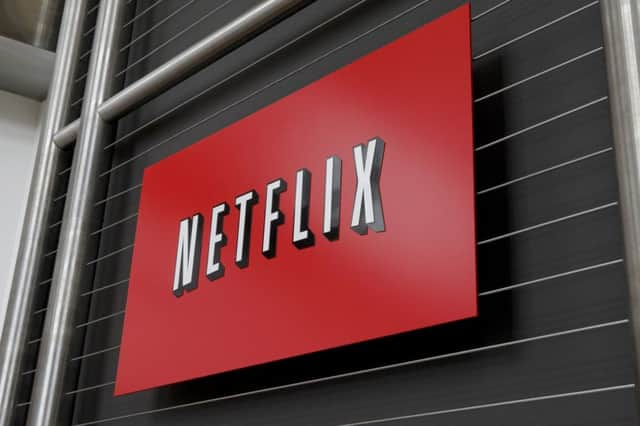Netflix is fast-forwarding to further expansion


NETFLIX is leading the market for on-demand consumption of audiovisual content. With around 75 million users worldwide, it has recently expanded its coverage to another 130 countries. While legal regimes are lagging increasingly behind technology, Netflix is using its commercial clout to make a global service viable in a segmented world marketplace.
In recent years, regulators have done a lot of shouting about online piracy and how it is to be combated. The arts and entertainment industries have despaired at the loss of historical revenue streams with no real hope of restoring them. But what was clear to the few sensible voices in the rabble was that the industries had to adapt, mindsets had to be altered and innovation was required. No amount of legislation, guidelines or government initiatives was going to combat the problem, as it was too big, too dynamic and many consumers didn’t (and still don’t) recognise it as wrong.
Advertisement
Hide AdAdvertisement
Hide AdIt would be naive to say that the problem of online piracy is gone (although it’s arguably decreasing), but what is gradually becoming clear is that social norms are changing, affected industries have adapted and there is some hope again for the artists involved. Online streaming services such as Netflix and Spotify have been an important part of this: they are viable alternatives to “free” illegal online streaming and sharing.
Netflix’s recent moves have shown that this new world order is still evolving. A key problem in providing such services, as BSkyB has learned from the foreign decoder cards saga, is that intellectual property rights are owned and licensed on a jurisdictional basis, but this is to be considered in the complex mix of competition law, EU freedoms and human rights.
For many online services, users will be disappointed to see access denied when they go abroad, as the provider’s licence is only for their country of origin. Territoriality of IP rights has been important historically to allow rights owners the freedom to exploit their works. However, users now expect more and Netflix again leads the way in catering for this. If you have a Netflix account in one country, you can access it abroad – albeit you are limited to the content available in the country you are in. Therein lies the next problem: content across jurisdictions is not consistent. For example, Australia has only 10 per cent of the content available in the US – bringing us back to online piracy (of sorts).
A key part of the solution is to provide a viable alternative. If the content they want is not available on a legitimate service, many users will resort to their old ways. Hence, the next problem is the use of VPNs. This is a very simple tool with which a user can pretend to be in a different country. If your computer appears to be in the UK, you get to view BBC iPlayer, to which access is not permitted from abroad.
This leads on to Netflix’s other recent announcement that it is to crack down on VPN use for its services. Although it is clear that making a public stand against this is desirable for Netflix’s licensors, it’s not clear how successful Netflix’s efforts are likely to be. Much like online peer-to-peer file sharing networks, there is always a new route opening up just as the last one is blocked. The real solution is to harmonise content globally to remove the enticement to use VPNs (a stated aim of Netflix). However, there are many obstacles, even within the EU, which is still struggling to find a route to a “Digital Single Market” through issues of free movement, territoriality, competition and industry pressure.
Time and tide wait for no man, and it’s encouraging to see industries – for whom the outlook very recently looked dire – finally ignoring the inability of regulators to fix a seemingly insurmountable problem, and finding ways to survive and thrive in the modern world. They will just need to make sure they keep on their nimble toes, as the next tide is already in motion.
• Alison Marshall is a partner with CCW Business Lawyers www.ccwlegal.co.uk
SEE ALSO